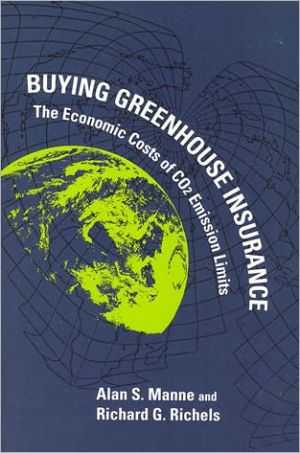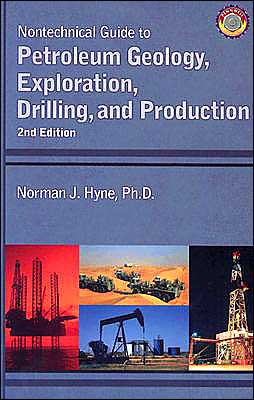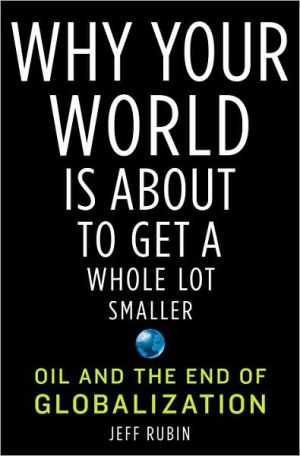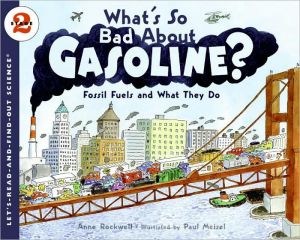Buying Greenhouse Insurance: The Economic Costs of CO2 Emission Limits
In recent years a growing concern that the increasing accumulation of greenhouse gases will lead to undesirable changes in global climate has resulted in a number of proposals, both in the United States and internationally, to set physical targets for reducing greenhouse gas emissions. But what will these proposals cost? Based on the authors' earlier ground-breaking work,Buying Greenhouse Insurance outlines a way to think about greenhouse-effect decisions under uncertainty. It describes an...
Search in google:
In recent years a growing concern that the increasing accumulation of greenhouse gases will lead to undesirable changes in global climate has resulted in a number of proposals, both in the United States and internationally, to set physical targets for reducing greenhouse gas emissions. But what will these proposals cost? Based on the authors' earlier ground-breaking work, Buying Greenhouse Insurance outlines a way to think about greenhouse-effect decisions under uncertainty. It describes an insightful model for determining the economic costs of limiting carbon dioxide emissions produced by burning fossil fuels and provides a solid analytical base for rethinking public policy on the farreaching issue of global warming.Manne and Richels present region-by-region estimates of the costs that would underlie an international agreement. Using a computer model known as Global 2100, they analyze the economic impacts of limiting C02 emissions under alternative supply and conservation scenarios. The results clearly indicate that a reduction in emissions is not the sole policy response to potential climate change.Following a summary of the greenhouse effect, its likely causes, and possible consequences, Manne and Richels take up issues that concern the public at large. They provide an overview of Global 2100, look at how the U.S. energy sector is likely to evolve under businessas-usual conditions and under carbon constraints, and describe the concept of "greenhouse insurance." They consider possible global agreements, including an estimate of benefits that might result from trading in an international market in emission rights. They conclude with a technical description directed toward modeling specialists.Alan Manne is Professor of Operations Research at Stanford University. Richard Richels is Director of the Energy Analysis and Planning Department at the Electric Power Research Institute.
Preface1Overview1Pt. IPolicy Perspectives2Global 2100: A Model of CO2-Energy-Economy Interactions253The Costs of Limiting U.S. CO2 Emissions454Decision Making under Uncertainty675A Global Cost Analysis896Willingness to Pay for Carbon Emission Rights111Pt. IIModel Structure7Global 2100: Model Formulation1198A Decomposition Procedure for International Trade in Carbon Emission Rights1419Estimating The Energy Conservation Parameters: An Experiment in Backcasting151Appendix A Macro Assumptions (MACRO.TAB)163Appendix B Electric Power Technologies (ELEC.TAB)165Appendix C Nonelectric Energy Supplies (NELE.TAB)169Appendix D International Oil Trade (OILTRADE.TAB)173Appendix E Carbon Emissions (CARBON.TAB)175Index179








